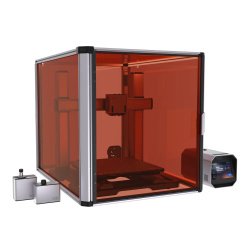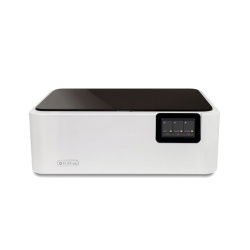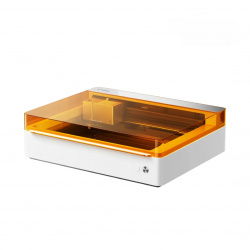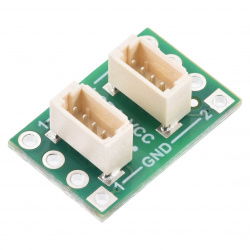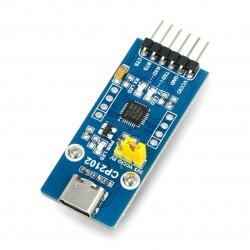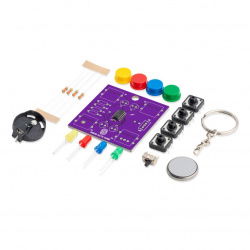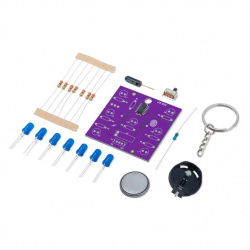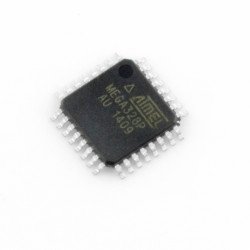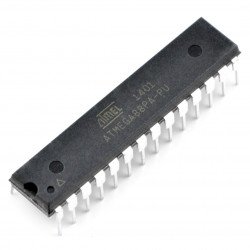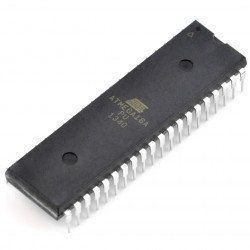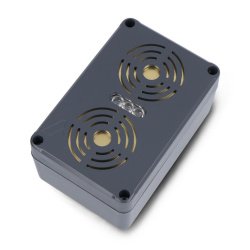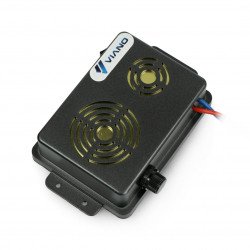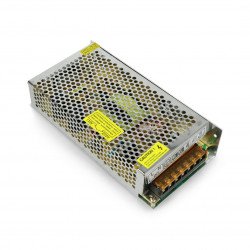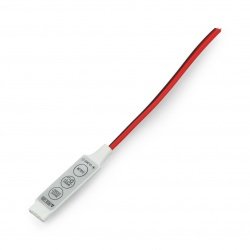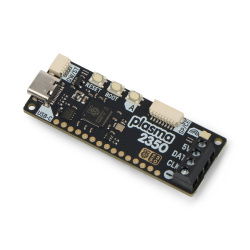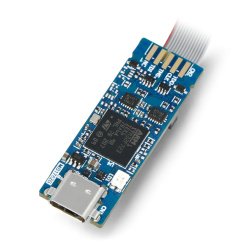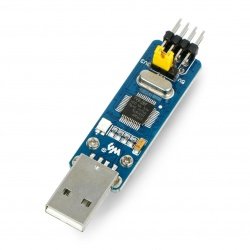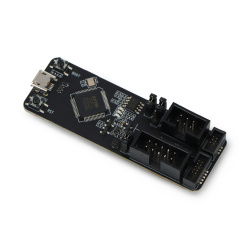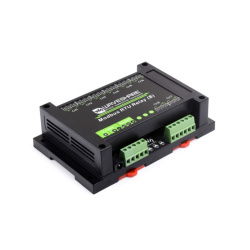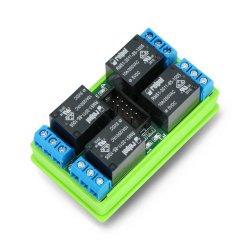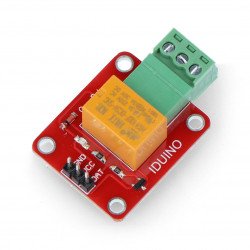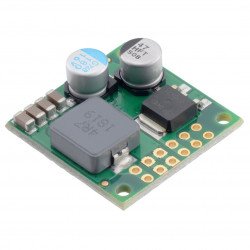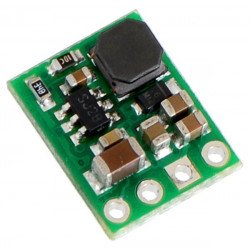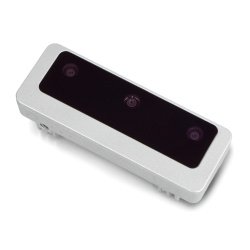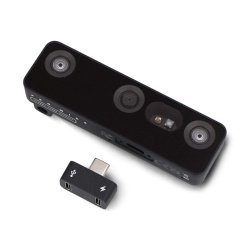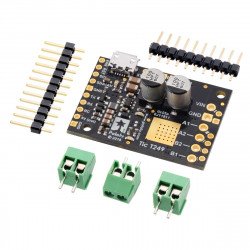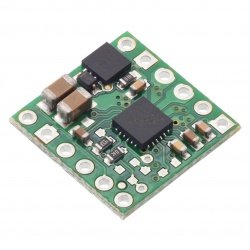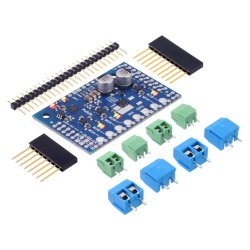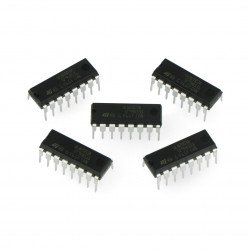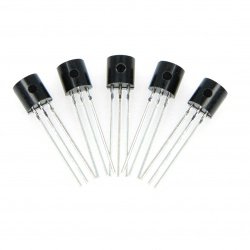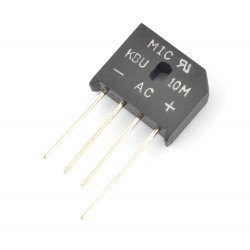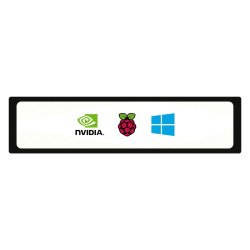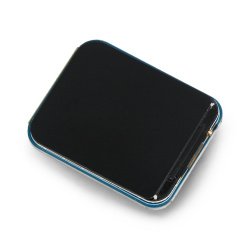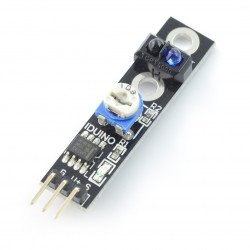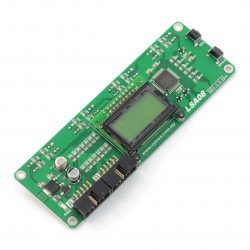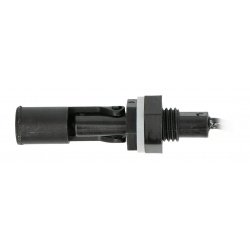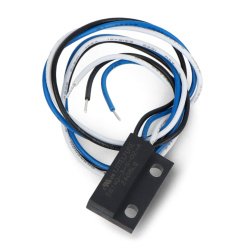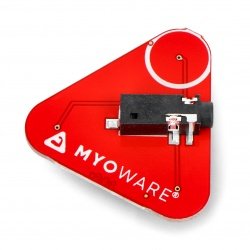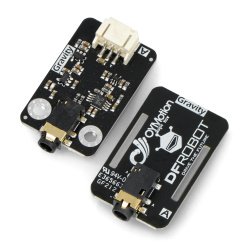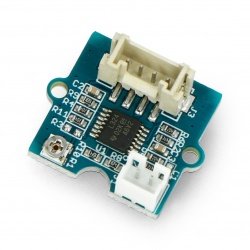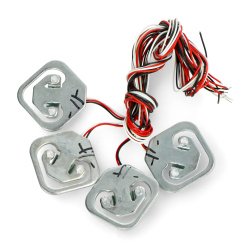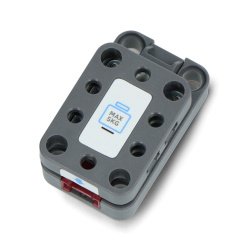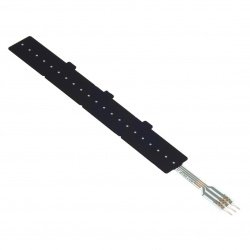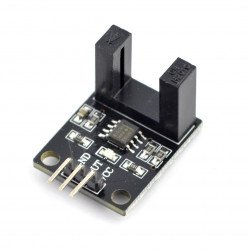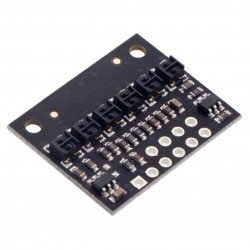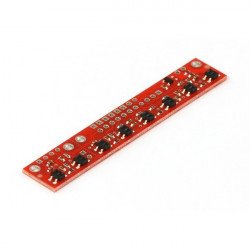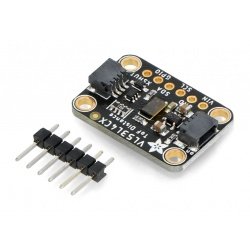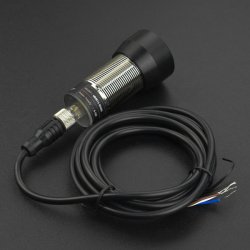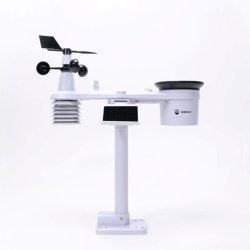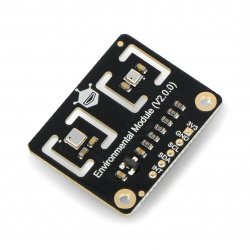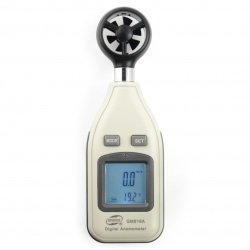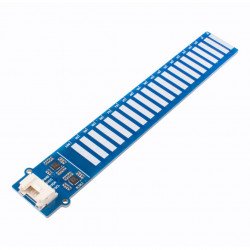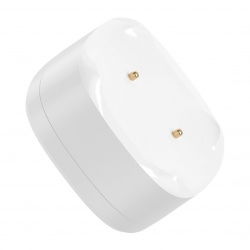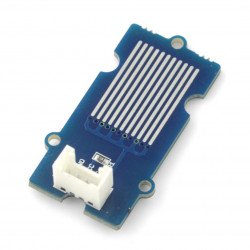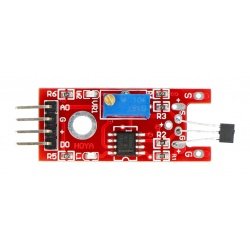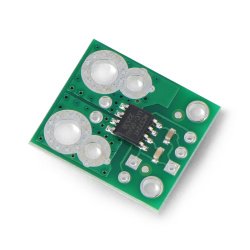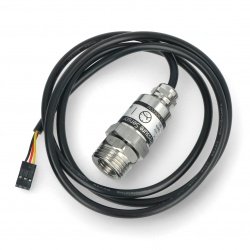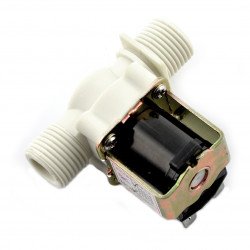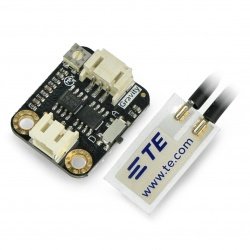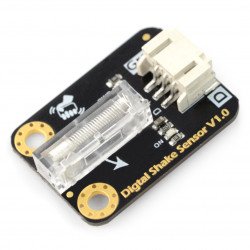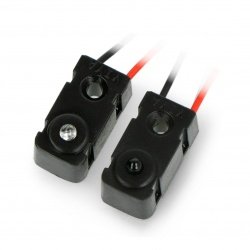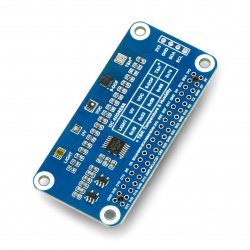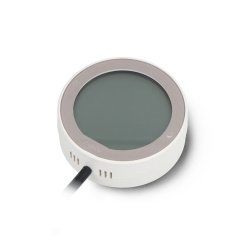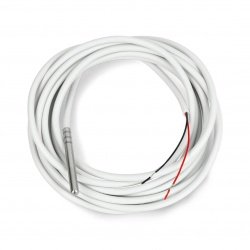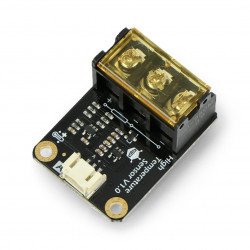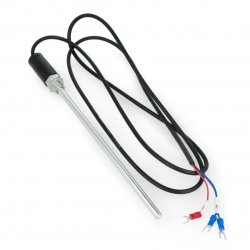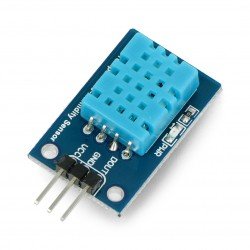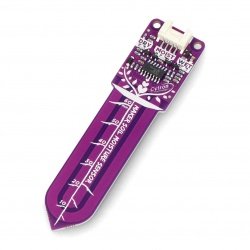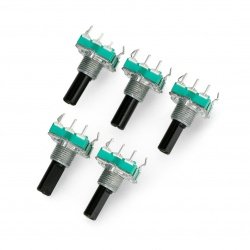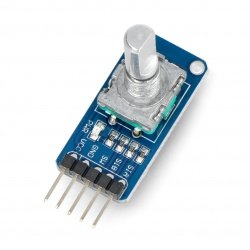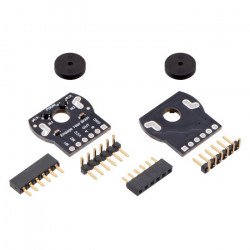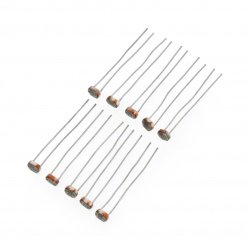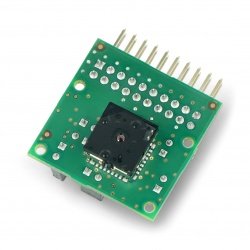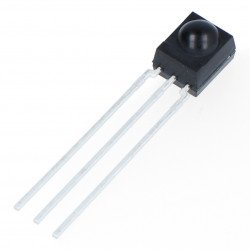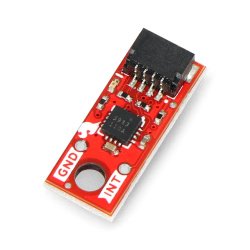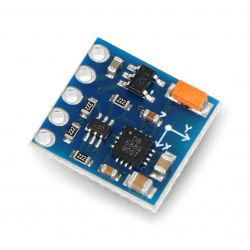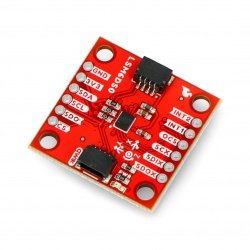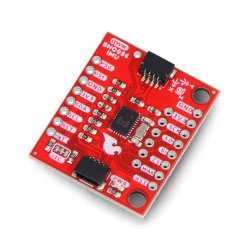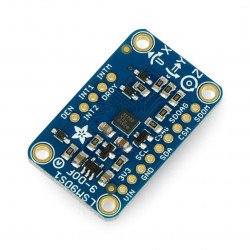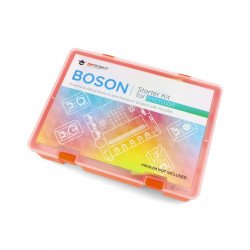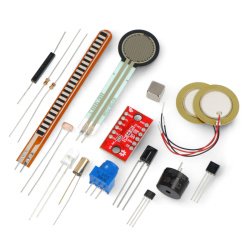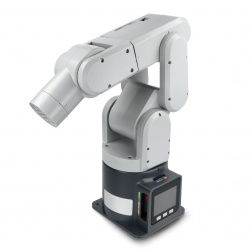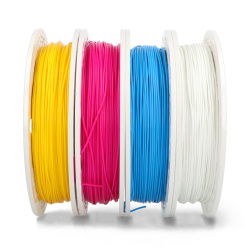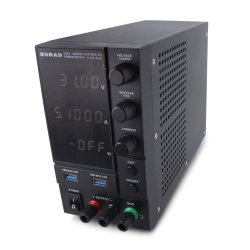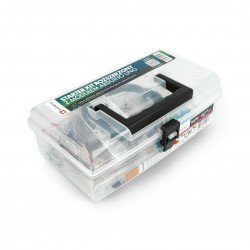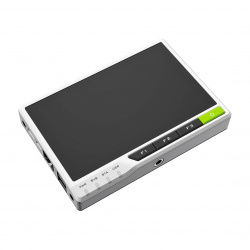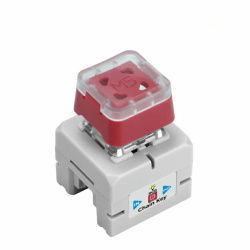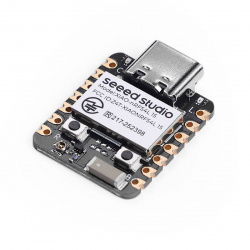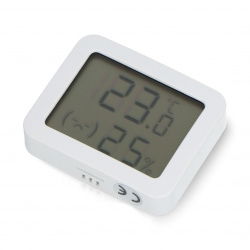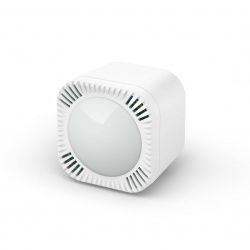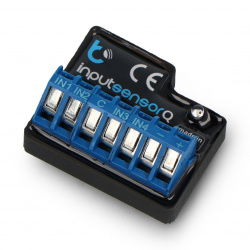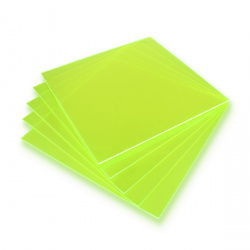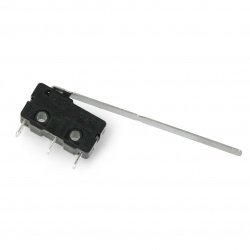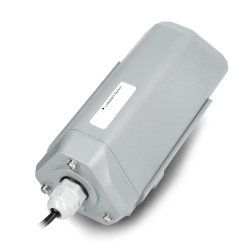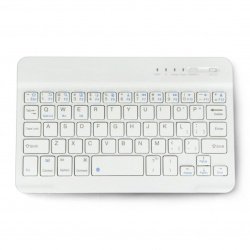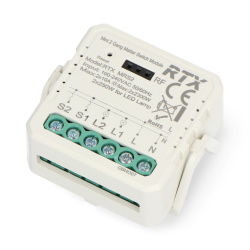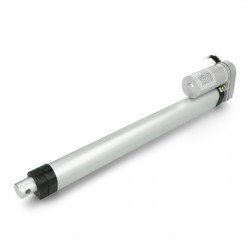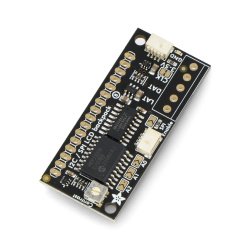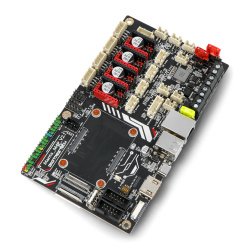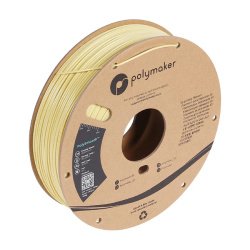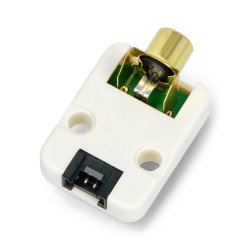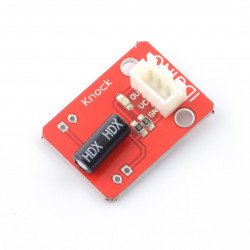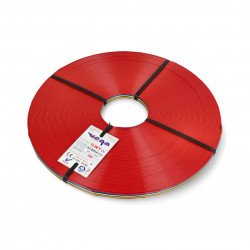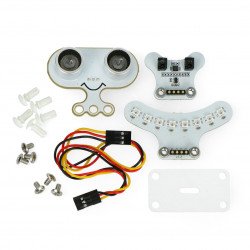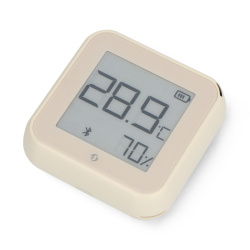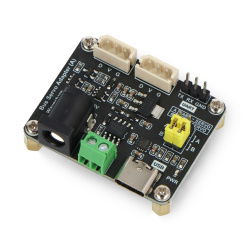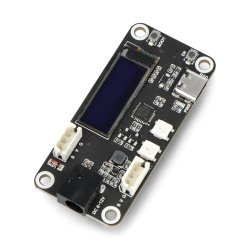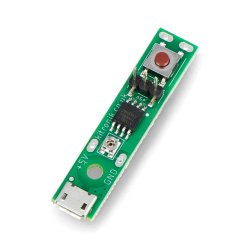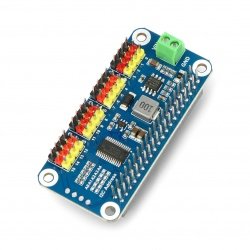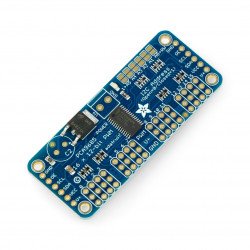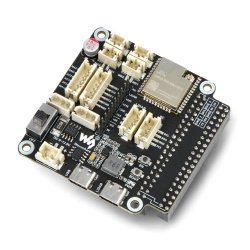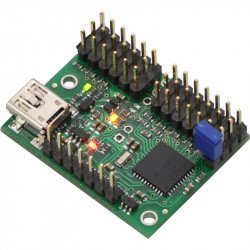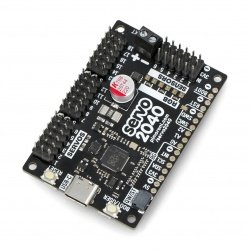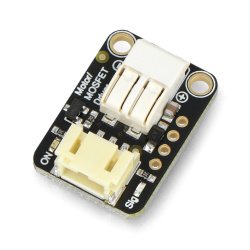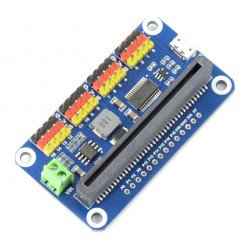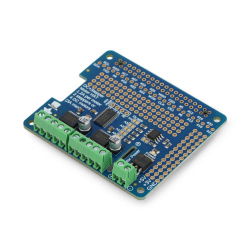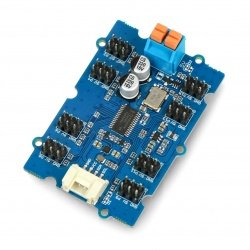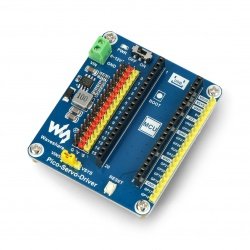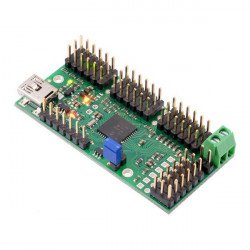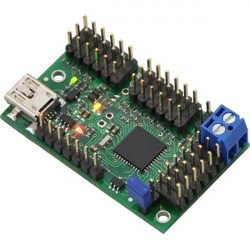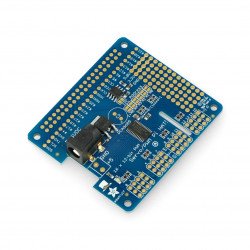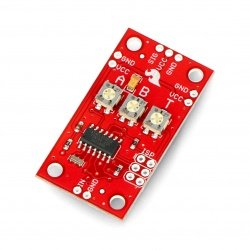Servo controllers are important components of any servo control system. A typical servo design is based on just a few components, which include an electric motor, a feedback circuit and a controller. In the controller circuit, the feedback circuit broadcasts information about the angular position of the servo so that the controller can send the appropriate signal to move the servo motor to the desired position. Servo systems with controllers operate using closed-loop feedback, which has advantages over open-loop in that it enables better servo response performance, reduces susceptibility to interference from control errors, and increases the stability of the overall system.
Drivers for servos
Bus Servo Adapter (A) - controller for ST/SC series serial bus servos - UART - Waveshare 25514
The Serial Bus Servo Adapter Board is a compact and versatile solution for powering and controlling ST and SC type servos. via UART and USB interface. It has a wide...ESP32 Servo Driver Expansion Board - UART servo driver - WiFi, Bluetooth - Waveshare 21593
The controller is based on the ESP32 microcontroller with wireless Bluetooth , WiFi communication and ESP-NOW support. Designed to control the operation of servos via...Movement Module - servo controller - Kitronik 2177
A simple module that allows you to equip your project with a servo with a range of rotations up to 180 ° without the need for coding. The drag bar moves after pressing the...RPi Relay Board (B) IC Test Board - Waveshare 15275
Shield for Raspberry Pi 3 / 2 / B+ / Zero / Zero W enabling the control of up to 16 servos. It communicates via I2C interface and is based on PCA9685 system.PCA9685 - 16-channel server driver, 12-bit PWM I2C - Adafruit 815
16-channel PWM generator useful when microcontroller outputs are missing. It allows, among other things, to control servos, regulate the speed of motors or change the...Simply Servos Board - servo controller - 8 channels - for Raspberry Pi Pico - Kitronik 5339
Simply Servos Board is an overlay for the Raspberry Pi Pico, which allows you to control 8 servos at the same time. It is powered with the voltage ranging from 3 V to 12 V....Mini Maestro USB 12-channel servo driver - Pololu 1352
12-channel servo controller with support for digital and analog signals. The user can control servos via: PC application (USB), serial interface and simple script language.Servo 2040 - 18 Channel Servo Controller - Pimoroni PIM613
Servo 2040 is a servo driver manufactured by PiMoroni. It has 18-channels that allow you to control up to 18 servos simultaneously . What's more, it also supports...MOSFET driver with N channel - for motors, solenoids, LEDs - STEMMA JST PH 2mm - Adafruit 5648
N-channel MOSFET (also called transistor) driver from Adafruit, featuring the AO3406 chip. The module can be supplied with a voltage from 3 V to 30 V and controlled by a...TB6612 Motor Shield - 4x DC motor driver - 12V/1,2 A - Shield for Arduino
The module allows you to control four DC motors (DC), with two stepper motors or two servos using Arduino kits. The system allows you to adjust the direction and speed of...Servo Driver - 16 servos for BBC Micro: Bit - Waveshare 15072
Expansion board for module Micro:bit. It allows you to control 16 servos through the I2C interface with 12-bit resolution for each channel.Mini Kit DC and stepper motor driver TB6612 - Motor Hat for Raspberry Pi - Adafruit 2348
Shield for Raspberry Pi, version A+, B+ and 2 to control four DC motors (13.5 V/1.2 A) or two stepper motors. It communicates through interface I2, using only two lines of...Grove - PCA9685 - 16-channel server driver, 12-bit PWM I2C
A 16-channel PWM generator useful when there is no microcontroller output. It allows, among others: controlling servomechanisms, adjusting motor speed or changing LED...16-channel servo driver, 12-bit PWM I2C - Shield for Arduino - Adafruit 1411
16-channel PWM generator, it is useful when there is not enough outputs of the microcontroller. Allows for i.a.: control of the servos, speed adjustment of motors or change the...Servo Trigger - Continuous Rotation - SparkFun WIG-13872
Module facilitating servo operation. On receiving an external signal, the controller moves the servo from position A to position B at a predetermined speed. The supply voltage...Servo Bonnet - 16-channel PWM I2C driver for Raspberry Pi - Adafruit 3416
Overlay for Raspberry Pi to control 16 servos . The chip generates PWM signals up to 1.6 kHz with 12-bit precision. The board is designed to fit Raspberry Pi 2 x 20...Cytron SC08A - 8-channel server driver - UART
An 8-channel servo controller . It communicates via a UART serial interface with a microcontroller or with a computer via USB using a USB to UART converter. It has a...Servo driver 16-channel, 16-bit PWM do Raspberry Pi Pico - Waveshare 19767
Expansion module for Raspberry Pi Pico to control 16 servos with 16-bit resolution. It uses PWM interface for communication. The module is also equipped with an output...Mini Maestro USB 24-channel servo driver - Pololu 1356
A 24-channel servo controller with support for digital and analog signals. The user can control servos via: PC application (USB), serial interface and simple script language....Mini Maestro USB 18-channel servo driver - Pololu 1354
18-channel servo controller with support for digital and analog signals. The user can control servos via: PC application (USB), serial interface and simple script language.Mini Kit 16-channel PWM I2C driver - Servo Hat for Raspberry Pi - Adafruit 2327
Shield for Raspberry Pi to control 16 servos. The system generates the PWM signal with frequency up to 1.6 kHz with 12 bit precision. Board is suitable for connectors of the...Simple Servo Trigger Servo Controller - SparkFun WIG-13118
A simple controller allowing the servo to move from position A to B after changing the state on the IN input pin. The position can be adjusted with potentiometers. The system...See also
The latest servo controller technology
In times of rapidly advancing electronics and software, manufacturers have designed systems with even greater servo control capabilities. The Maestro USB series controllers from Polou feature very high control signal resolution and high stability for precise, vibration-free servo control. Among the unique features of the Polou controllers, there is also the option of adjusting the speed of changing the angular position of controlled servos, the possibility of switching off servos and advanced command mapping for optimised control. The Polou controller module can be controlled in three ways: Via a USB connection directly from a computer, a TTL serial port for interfacing with embedded systems (e.g. Arduino), and programmatically, with a script stored in the controller's memory. The controller channels can be configured as digital outputs, analog inputs and servo control signal outputs and ESC signal outputs for motor control, which, combined with the small size, allows the controllers to be used in remotely operated vehicles. High accuracy, a transient vibration time of less than 200 ns and built-in speed and acceleration control, make servos run smoothly and precisely. As a result, Polou controllers will work well in professional applications.
Servo control with Arduino
Servos are very useful devices and can also be controlled directly from an Arduino, as well as with the help of dedicated overlays. Using one analog input and one PWM output on the Arduino, we can control the servo in a proportional manner. In order for the PWM signal to control the servo, it must have a period of 20 ms and represent a low state for most of the time of that one cycle. At the beginning of each cycle, for a time between 1 and 2 ms, a high state must be present, with a time of 1 ms corresponding to a constant angular position and a time of 2 ms corresponding to a 180° rotation. This is the most advantageous control method. Remember that uploading the servo library to Arduino deactivates the PWM signal at pinout 9 and 10 (on the Arduino UNO and other boards with the same pinout). Controlling servos with Arduino with the servo library loaded is easy, but then each servo requires a separate PWM output. For more extensive projects, the Arduino-compatible multi-channel servo controllers from Adafruit will work great. Among them, 16-channel PWM controller from Adafruit, which generates PWM signal with 12-bit resolution, allowing simultaneous control of sixteen servos, using only two Arduino leads. In our store you are sure to find servo controllers to fit your own project.




